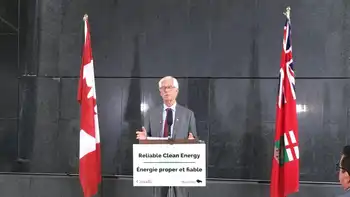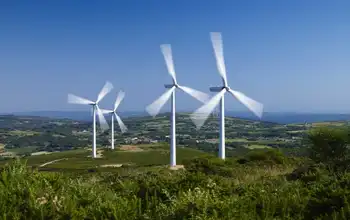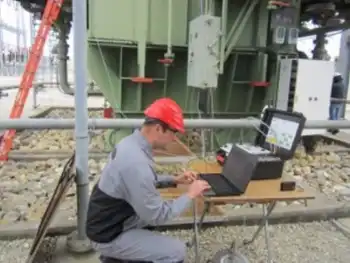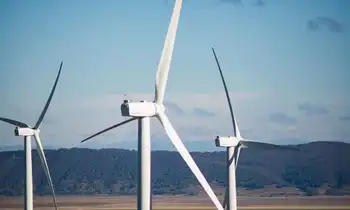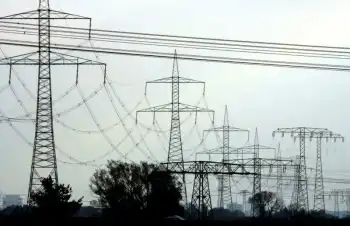NCUC approves Duke Energy's gas plants
By Electricity Forum
Protective Relay Training - Basic
Our customized live online or in‑person group training can be delivered to your staff at your location.

- Live Online
- 12 hours Instructor-led
- Group Training Available
Regulators approved the company’s request for Certificates of Public Convenience and Necessity (CPCN) to add two 620-megawatt combined cycle, natural gas-fired units at two existing facilities – Buck Steam Station in Rowan County and Dan River Steam Station in Rockingham County.
“Customers trust that Duke Energy will meet their needs – supplying the power they rely on in a way that is both affordable and clean,” said Ellen Ruff, president of Duke Energy Carolinas. “These projects are part of our long-term plan to continue delivering on the promises we’ve made to customers while modernizing our fleet.”
The company will be ready to begin construction at the Buck facility once it receives the necessary air permit from North Carolina. Construction at Dan River would follow. The new Buck unit would be in operation as early as the summer of 2010. The plan includes retiring two older, less efficient coal units at each facility.
Both projects employ state-of-the art environmental control technology to minimize plant emissions. These controls, in combination with the retirement of older coal-fired units at both facilities, will result in a net reduction of environmental emissions of NOX and SO2 at the sites.
The projects will use cooling towers to minimize the impact on the Yadkin and Dan Rivers. The use of cooling towers will also minimize potential generation curtailments during drought conditions.
The addition of natural gas generation fits with the companyÂ’s strategy to maintain a diverse fuel portfolio - an important tool in managing customer costs and enhancing the reliability of the generation system.
The new gas-fired units are the first combined cycle generating units on the Duke Energy Carolinas system. They offer greater efficiency than traditional combustion turbines and operational flexibility. A combined cycle unit uses combustion turbine generators, boilers and a steam turbine generator to produce electricity. Natural gas is burned in the combustion turbines to produce mechanical power that is converted into electrical power by the generators. For increased efficiency, the hot exhaust gases from the combustion turbines are used to create steam in the boilers which spins a steam turbine-generator and creates additional power.
Duke Energy Carolinas has a long history in the communities surrounding the Buck and Dan River sites – generating electricity at the Buck Steam Station since 1926 and at the Dan River Steam Station since 1949.
“We’re honored that government and business leaders in Rowan and Rockingham counties strongly support these projects and recognize the positive impact they can have in their communities,” said Ruff.
Duke Energy Carolinas is making impressive progress in other parts of its plan for the future. The company is aggressively pursuing renewable power sources and power savings through energy efficiency. An advanced, clean coal unit is under construction at the Cliffside Steam Station on the Cleveland and Rutherford County line in North Carolina. Also, the company continues to evaluate the nuclear option at a site in Cherokee County, South Carolina.
Duke Energy's CarolinasÂ’ operations include nuclear, coal-fired, natural gas and hydroelectric generation. That diverse fuel mix provides nearly 21,000 megawatts of safe, reliable and competitively priced electricity to more than 2.3 million electric customers in a 24,000-square-mile service area of North Carolina and South Carolina.





